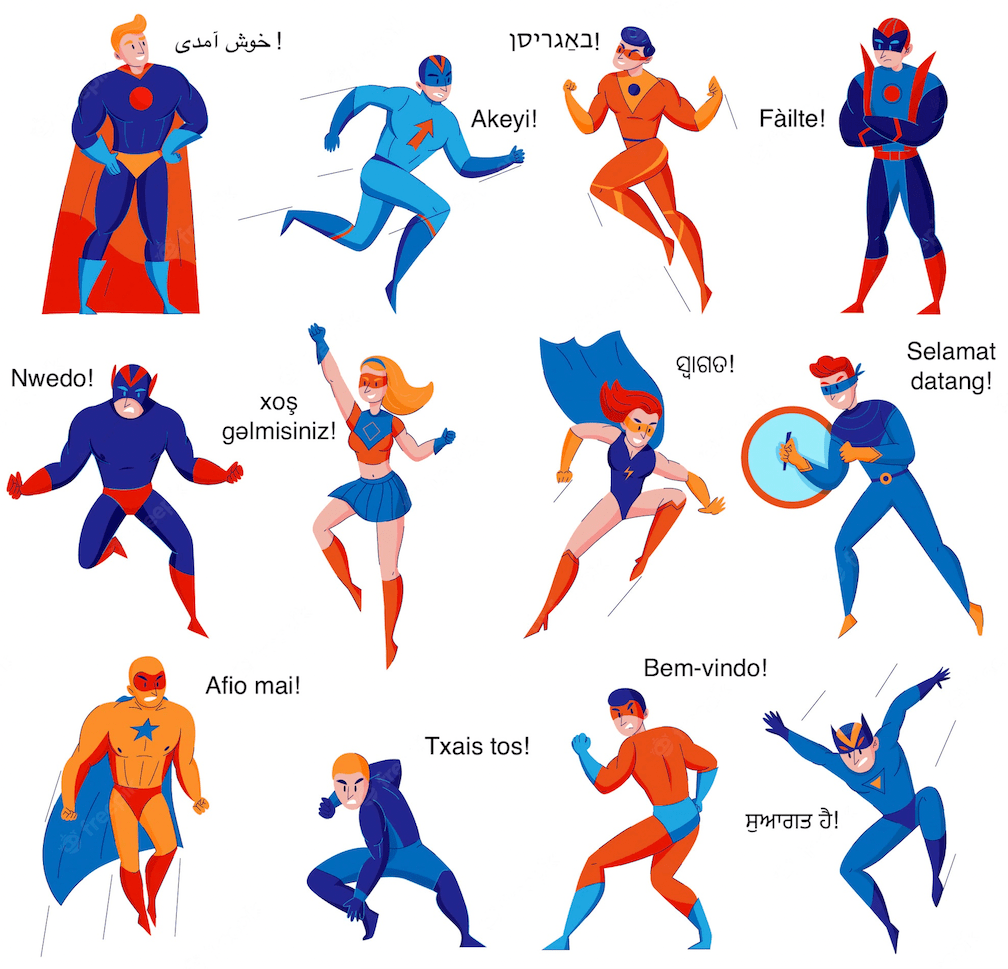What book about dual language bilingual education (DLBE) is so astute that you want to recommend it to every DLBE teacher, regardless of grade or languages taught? Renée DePalma‘s (2012) book about an English-Spanish kindergarten is the perfect primer on teaching in this type of program. Prof. DePalma shows how implementing the “target language only”Continue reading “Dual Language Bilingual Education: What do teachers need to know?”
Category Archives: Reflections
Canadian French Immersion: What did it actually achieve, and to what extent can those findings be generalized?
From December 2022 to December 2023, I will attempt to summarize and comment on the practical implications of 13 classic books about bi/multilingual education that continue to be relevant in the field. The first is Merrill Swain and Sharon Lapkin’s book about Canadian French immersion, Evaluating Bilingual Education: A Canadian Case Study (1981). This bookContinue reading “Canadian French Immersion: What did it actually achieve, and to what extent can those findings be generalized?”
How to convince people to get rid of the “English only” classroom language policy at your school
In this week’s post, I summarize an audio-podcast from Harvard Business Review about how to ask for policy changes at your institution. The speakers were talking about policy changes in companies that give more rights to women, but actually, the strategies they talk about can be applied to making ANY policy change at ANY institution.Continue reading “How to convince people to get rid of the “English only” classroom language policy at your school”
When is it fair and valid to compare bi/multilinguals with monolinguals?
This is the question investigated by a team of 19 researchers in Norway, Spain, Germany, the U.K., the Netherlands, and the U.S. (Rothman et al., 2022), who wrote the commentary that I summarize in this post. A commentary is an essay with examples from empirical studies (“empirical studies” being articles with an Introduction, research Methods,Continue reading “When is it fair and valid to compare bi/multilinguals with monolinguals?”
What is translanguaging as “critical pedagogy” or “decolonizing research”?
In this week’s post, I aim to answer the question, “What does it mean when translanguaging is said to be a ‘critical pedagogy’ or ‘decolonizing research approach’?” This question is answered in recent commentaries by Pramod K. Sah (in collaboration with critical English language teaching scholar Ryuko Kubota) and Prem Phyak. According to Sah, toContinue reading “What is translanguaging as “critical pedagogy” or “decolonizing research”?”
“Is bilingualism a superpower?” (Why this question makes me rant)
This spontaneous essay (hence, not posted on a Wednesday) was prompted by an annoying Youtube video that came up on my feed titled “Is bilingualism a superpower?” I don’t provide the link because there are a gazillion other posts/videos online (usually American) suggesting the same idea. Such a question can only be taken seriously inContinue reading ““Is bilingualism a superpower?” (Why this question makes me rant)”
How an academic gets by on a dozen items of clothing in a four seasons climate
This casual post, unlike others on the blog, has nothing to do with bi/multilingualism in K-12 education (hence it doesn’t come on a Wednesday). It’s just a musing for graduate students, who may find themselves having to dress like professors to teach and attend conferences well before they have the financial means to do so.Continue reading “How an academic gets by on a dozen items of clothing in a four seasons climate”
How does an expert teacher meet learning aims while also ‘fixing’ linguistic inequality through their pedagogical talk?
Recently (here and here), I wrote about how Jim Cummins defined “transformative pedagogy” as meeting learning aims and social justice aims at the same time, through collaborative relations of power. I continue that theme by asking the title question, which was what the late sociolinguist Alexandra Jaffe asked in a bilingual, Corsican-French school. Teachers ofContinue reading “How does an expert teacher meet learning aims while also ‘fixing’ linguistic inequality through their pedagogical talk?”
Translanguaging research by/with/for teachers: How might it ideally be done?
This week’s post summarizes what may be the oldest article I’ve ever summarized on the blog: “Research on Teaching and Teacher Research: The Issues that Divide” (Cochran-Smith & Lytle, 1990). What strikes me about this article is that 30+ years on, nothing has changed! Here, I summarize this short 10-page paper about research in primaryContinue reading “Translanguaging research by/with/for teachers: How might it ideally be done?”
What does “judicious” use of students’ “own language” in language classrooms look like, practically speaking?
Graham Hall and Guy Cook are two experts on “own language use” in language teaching and learning who wrote a state-of-the-art article about this subject in 2013 that answers the above million-dollar question. In this week’s post, I summarize that article’s six sections: (1) what academic and societal trends have led to more support forContinue reading “What does “judicious” use of students’ “own language” in language classrooms look like, practically speaking?”









